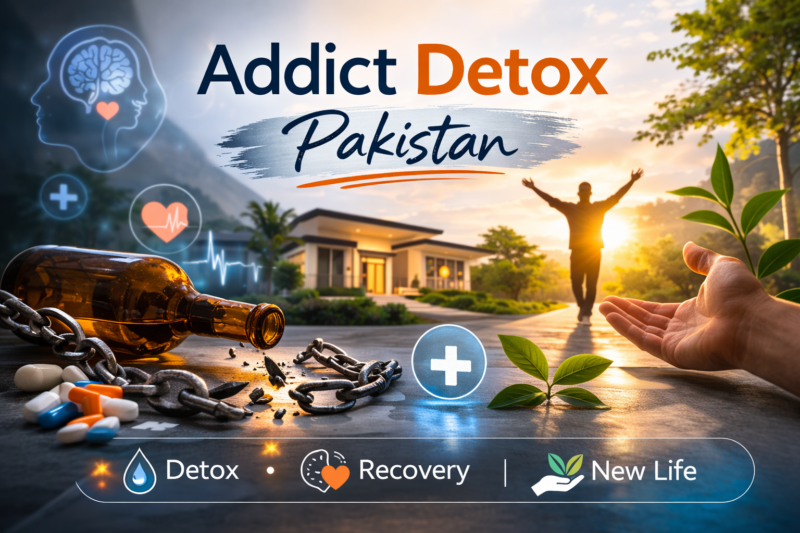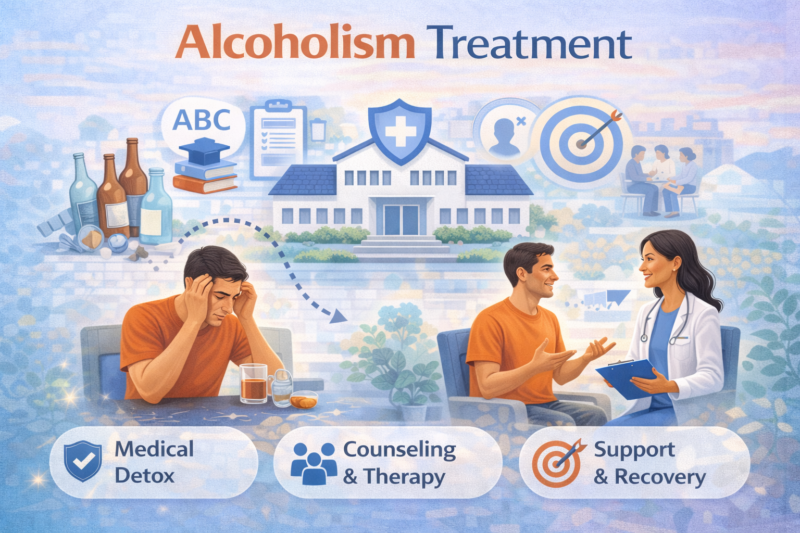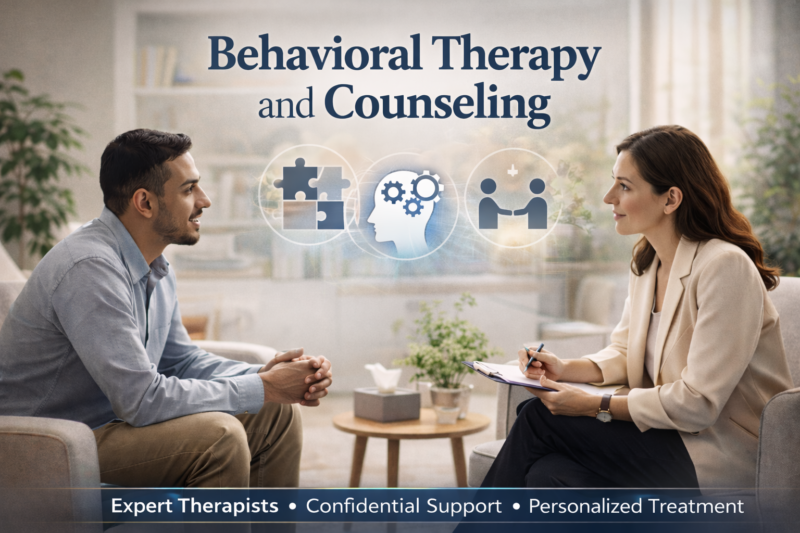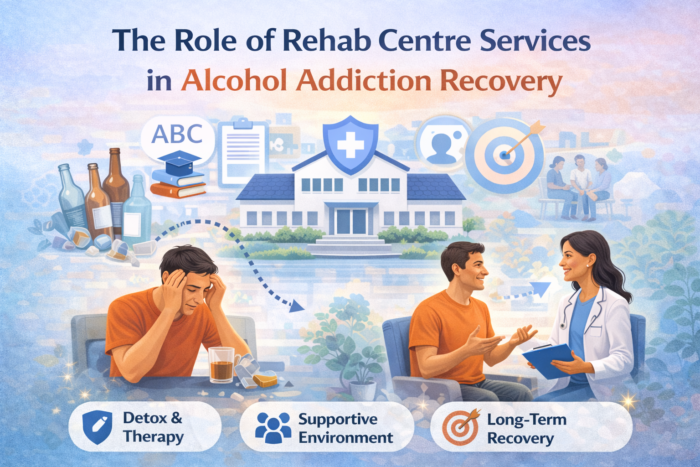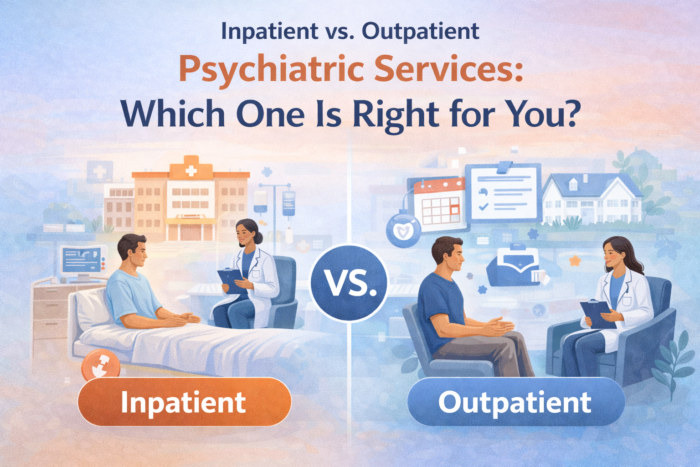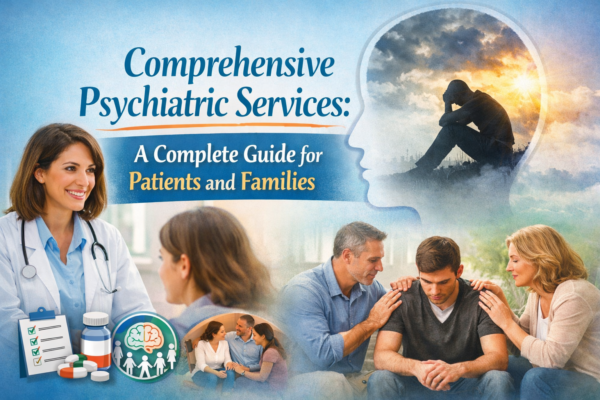Introduction: Cannabis Use and Mental Health

Cannabis is usually considered to be a benign recreational drug, but emerging evidence suggests long-term use has harmful effects on mental health. Although some people say marijuana calms them down, frequent use can lead to anxiety, depression and addiction. For those who are fighting cannabis addiction, it is important they get the right support from an Addiction Treatment Center in Islamabad as early as possible. At New Soch Rehab and Psychiatrist Center Islamabad We focus on the comprehensive care.If you have any type addiction, we can help.
What is Cannabis Addiction?
Cannabis addiction, or Cannabis Use Disorder (CUD) is when one is reliant on marijuaina as a way to face daily life.
Short-term effects of cannabis use
- Relaxation and euphoria
- Altered sense of time
- Impaired memory and coordination
Long-term dependence and withdrawal symptoms
With regular use, tolerance and dependence can develop gradually to the following effects:
- Irritability
- Sleep disturbances
- Cravings
- Mood swings
These physical symptoms of withdrawal are what keep people using again and again.
The Relationship Between Cannabis and Anxiety
How pot brings on anxiety in the brain
Cannabis interacts with the endocannabinoid system, which helps control mood and stress. Low doses may for a time soothe nerves, but higher or frequent ones can also speed up the heart rate, trigger paranoia and lead to panic attacks.
Symptoms of cannabis-induced anxiety
- Racing thoughts
- Nervousness and restlessness
- Sudden panic episodes
- Fear of social interactions
Several patients who come for treatment at New Soch Rehab and Psychiatrist Center Islamabad say that “they have developed anxiety after long term use of cannabis”.
Cannabis Addiction and Depression
Dopamine imbalance and low motivation
Cannabinoid overstimulates the dopamine pathways in some other channel resulting in a reward. But regular use lowers natural dopamine production, resulting in low motivation, melancholy and an emotional flatline.
The vicious cycle of dependency and sorrow
It is common for people to turn to cannabis to relieve sadness; but addiction can exacerbate that depression — leading to a vicious cycle that only trained professionals can help break.
Risk Factors: Who is at Risk?
Teens and young adults
Young brains are more sensitive to THC and therefore, teens are more susceptible to developing addiction, anxiety and depression.
Individuals with prior mental health problems
Patients with a past history of bipolar disorder, depression or schizophrenia are more susceptible to a worsening course of their condition and vulnerability following cannabis usage.
How Cannabis Affects Brain Chemistry
THC and serotonin imbalance
THC changes serotonin levels, making us more vulnerable to mood diseases like generalized anxiety and depression.
Impact on memory and focus
Cannabis consumption also negatively affects concentration, decision making and memory loss, all problems which have been reported by patients in Islamabad.
Signs You May Need the Assistance of an Addiction Treatment Center in Islamabad
Emotional symptoms
- Being down, feeling hopeless or anxious most of the time
- Irritability when not using cannabis
Behavioral changes
- Neglecting work or studies
- Social withdrawal
- Inability to control usage
If many of these signs feel too familiar to you, maybe it’s time for New Soch Rehab and Psychiatrist Center Islamabad.
Professional Help: Why New Soch Rehab and Psychiatrist Center Islamabad – Psychiatrist in Islamabad?
Holistic approach to addiction recovery
Our center offers a full continuum of care with psychiatric, medical, and holistic therapies to achieve mental wellness & recovery from addiction.
Personalized treatment and psychiatric care
Patients are provided with personalized treatments which may include therapy, psychiatric assessments and relapse prevention.
Best Ways to Treat Cannabis Use Disorder
Cognitive Behavioral Therapy (CBT)
Assists patients with identifying triggers, refuting negative thoughts and developing more healthy coping behaviors.
Medication and psychiatric support
A variety of medications may help with anxiety, depression and withdrawal symptoms which are vital for long-term recovery.
Group therapy and family support
Family Support and Peer-Groups – Stronger emotional-resillience and support from community is built.
Lifestyle Changes to Support Recovery
Healthy routines and mindfulness
Cravings and mood are affected greatly by exercise, meditation and balanced diets.
Support networks and relapse prevention
Staying connected with mentors, therapists and supportive friends can mitigate relapse risks.
Frequently Asked Questions About Marijuana Addiction and Mental Health
Q1: Can pot give you permanent anxiety or depression?
Yes, long-term use can change brain chemistry and raise the risk of chronic mental health problems.
Q2: Is marijuana physically or only psychologically addictive?
It very well could be — patients themselves are typically in withdrawal as well as craving.
Q3: How long does withdrawal from marijuana last?
Symptoms can take 1–2 weeks to dissipate but mood problems continue if untreated.
Q4: Is therapy sufficient to overcome cannabis addiction?
Therapy is very effective, but usually requires medical and psychiatric support for it to work its best.
Q5: Is stopping cannabis cold-turkey hazardous?
While cannabis withdrawal is not life-threatening, the same cannot be said for alcohol, and professional support helps smooth the process.
Q6: From where I can get the top Addiction Treatment Center in Islamabad?
At New Soch Rehab and Psychiatrist Centre Islamabad, we offer evidence based rehabilitaion of addiction level headed for mental health recovery.
Conclusion: Make the First Move to Recovery
The link between cannabis dependence, anxiety and depression is stronger than many think. If you or someone you know needs help, support is available. New Soch Rehab and Psychiatrist Center Islamabad committed to compassionate, expert health care enabling individuals to rebuild their lives. Don’t put it off—contact us today and start the healing process now.

